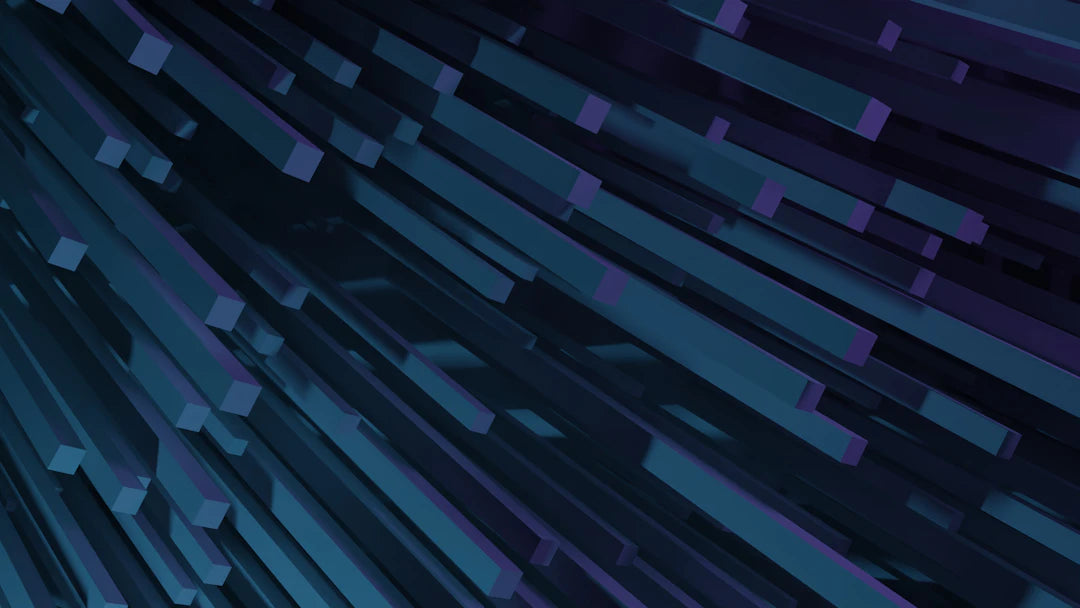
Optimize 3D Mesh Production at Home
Compartir
3D mesh production has become a popular and accessible activity thanks to the evolution of 3D printing technology. If you're interested in maximizing your production capacity from the comfort of your home, this article will provide you with practical tips and strategies to optimize your processes. From choosing materials to maintaining your printers, every detail counts for efficient, high-quality production.
Learn about the 3D Mesh Production Process
Before diving into optimization, it's crucial to understand how a 3D mesh is produced. This process involves several key steps:
- Design: Use appropriate software to create your 3D models.
- Model Preparation: Convert the file to the ideal format for printing.
- Printing: Process where the printer creates the object layer by layer.
- Post-processing: Finishing and adjustments needed to perfect the mesh.
Choosing the Right Materials
Material selection is a key factor in achieving good results. Here are some aspects to consider when choosing your 3D mesh materials:
Types of Materials
There are different types of materials you could use in 3D printing, and each is designed to meet specific requirements:
- PLA (Polylactic Acid): Perfect for beginners, easy to print and biodegradable.
- ABS (Acrylonitrile Butadiene Styrene): Strong and durable, ideal for functional parts.
- TPU (Thermal Polyurethane): Flexible and elastic, suitable for applications requiring some flexibility.
- Nylon: Strong and wear-resistant, perfect for industrial applications.
Quality of Materials
Not all materials are created equal. Choosing high-quality materials can significantly impact the durability and finish of your tights. Look for reliable suppliers who offer certified products and positive reviews from other users.
Keep Your Printers in Optimal Condition
Regular printer maintenance is essential to minimize printing errors and extend the life of your printers. Below are some best practices:
Regular Cleaning
Debris buildup can cause issues with printing performance. Be sure to clean the nozzles and material feed areas regularly.
Proper Calibration
Calibrating your printer before each print is crucial. Improper adjustment can result in defective parts. Learn how to use the software and tools available to properly calibrate your printer.
Optimizing Print Settings
Optimizing your print settings can make a big difference in your results. Consider the following:
Print Speed
Adjusting the print speed can significantly affect quality. If you're looking for fine details, reduce the speed. If resistance is more important, you can increase the speed.
Extruder Temperature
The extruder temperature should be adjusted according to the type of material you're using. Consult the manufacturer's data sheet to ensure you're operating within the ideal range.
Use Efficient Design Software
The software you choose can influence how easily and quickly you can prepare your models for printing. Here are some recommendations:
Known Programs
- Tinkercad: Ideal for beginners, easy to use, and web-based.
- Fusion 360: More advanced software for intermediate and professional users.
- Blender: Ideal for complex 3D modeling, although it has a higher learning curve.
Plugins and Tools
There are specific plugins and tools that can make designing and importing models for printing easier. Research the options available for your preferred software.
Research and Learn from the Community
The 3D printing community is active and willing to share its knowledge. Participate in forums, social media groups, and idea-sharing platforms. This interaction can offer you new perspectives and solutions to common problems.
Attend Workshops and Seminars
It's always beneficial to learn from experts in the field. Most cities offer workshops and seminars on 3D printing. Seeking out these types of events will not only enrich your knowledge but also allow you to connect with other enthusiasts of this technology.
Establish an Efficient Workspace
The environment you work in can impact the quality of your prints. Here are some tips to optimize your workspace:
Keep the Space Organized
A cluttered space can lead to distractions and problems. Keep your tools and materials organized to allow for a more efficient workflow.
Temperature and Humidity Control
Weather conditions can affect printing. Make sure the area is controlled in terms of temperature and humidity to avoid unwanted fluctuations.
Think about Sustainability
When producing 3D meshes at home, sustainability is a vital consideration. Here are some suggestions:
Recycling of Materials
Consider using recycled or biodegradable materials for your prints. Filaments made from recycled plastic are available, which will help reduce the environmental impact.
Take advantage of waste
Instead of throwing away print waste, think of creative ways to reuse it. You can use the scraps for smaller projects or even for prototyping before producing the final version.
Adapt to Market Trends
3D printing is a constantly evolving field, and keeping up with market trends can give you a competitive advantage. Here's how you can do it:
Research New Technologies
3D printing technology is advancing rapidly. Stay informed about new techniques, materials, and tools that can improve your production practice.
Listen to Your Customers
Given the changing market, it's essential to understand the needs and preferences of your potential customers. Get feedback and adapt to meet their demands.
Ignite Your Creativity
Finally, don't forget that 3D printing is also an art form. Experiment with different designs and techniques, have fun, and let your imagination run wild. Creativity can be a great differentiator in a competitive market.
Optimizing 3D mesh production at home goes beyond just improving processes. It's about actively engaging with the community, choosing the best materials, and maintaining a conducive work environment. By keeping all these tips and strategies in mind, you'll not only improve the quality of your prints, but you'll also enjoy the creative process more. It's time to take your 3D printing skills to the next level and create something truly extraordinary!
